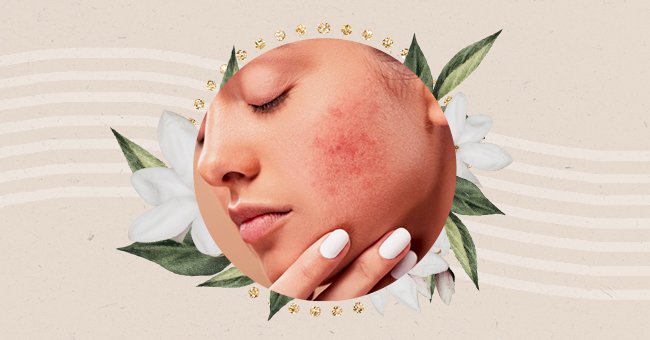
Exploring The Difference Between Sensitive & Sensitized Skin
With the convenient availability of serums and all the strong acids, peels, and exfoliators, many of us become treatment happy when left to our own devices.
We've become accustomed to researching and then going into our labs (aka the bathroom) to solve our most pertinent skin concerns. The truth is, we're not all skin professionals, and that goes for the unqualified skincare influencer you've been taking your most trusted skincare advice from.
The increase in self-perceived skin sensitivity may have more to do with your skincare regimen than you think. This occurrence of self-induced skin "sensitivity" is being dubbed "sensitized skin." While you may have unbeknownst caused it, you can rectify it.
Sensitive Skin
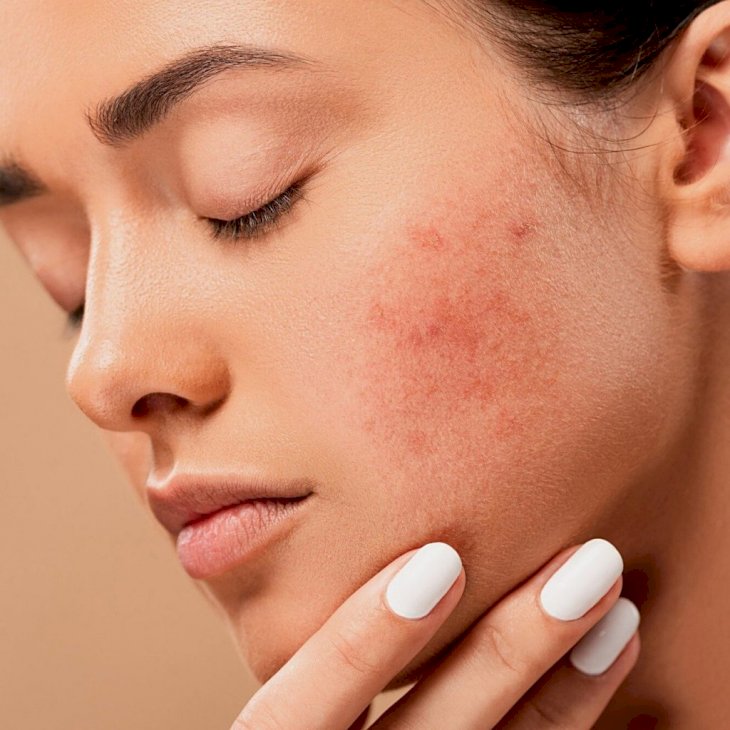
Image by Joseph Mucira from Pixabay
A medical study published in 2019 made the connection between reported "sensitive" skin and rigorous skincare regimens.
The study noted that between 60-70% of women reported having sensitive skin, characterized by irritation, itching, swelling, redness, tightness, or dryness. They noted the increase in self-perceived skin sensitivity in women with more potent skincare regimens.
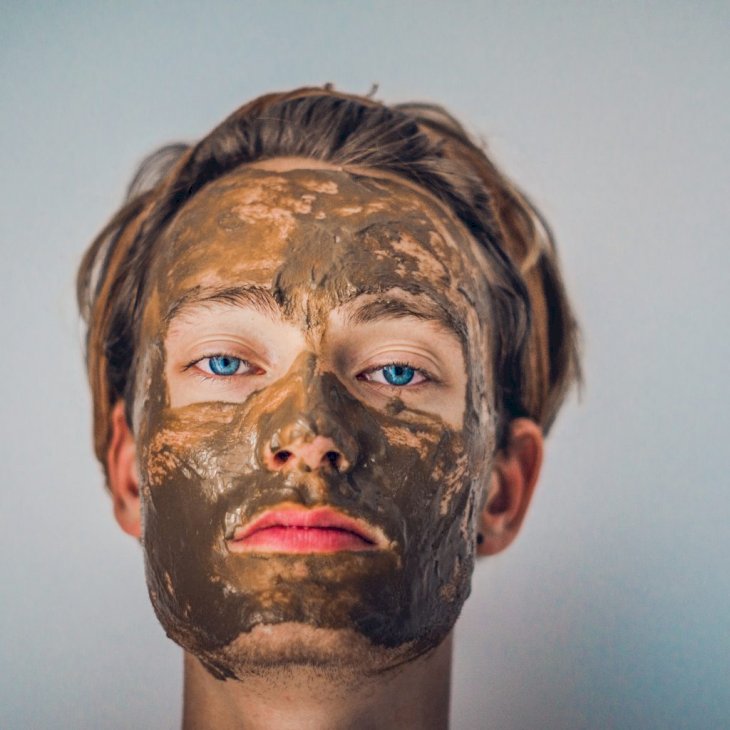
Photo by Isabell Winter on Unsplash
Though sensitive and sensitized skin can manifest in the same way on the skin, sensitive skin is a genetic occurrence. Flare-ups may be caused by certain ingredients, foods, stress, or other factors.
Sensitized Skin
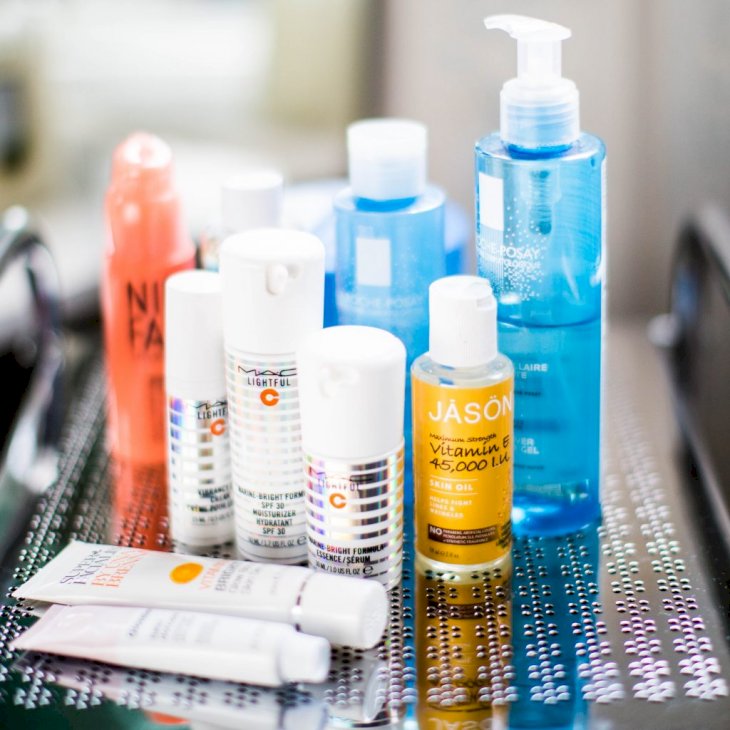
Photo by Charisse Kenion on Unsplash
Sensitized skin, on the other hand, is the result of overloading and over-stimulation of the skin. Dhaval Bhanusali, M.D., a dermatologist based in New York City, detailed to "Shape" how some patients come in complaining about inflamed skin and then proceed to reveal a "huge bag of skincare products."
"They may have a complex routine with 10 to 15 steps that are based on Korean skincare, but a Korean regimen tends to be light and hydrating, unlike the acids and exfoliating products used in the U.S."
Bhanusali said.

Photo by Noah Buscher on Unsplash
While all the acids, peels, toners, retinoids, exfoliators, and other treatments are effective, there's a level of restraint we should exercise.
Dialing It Back
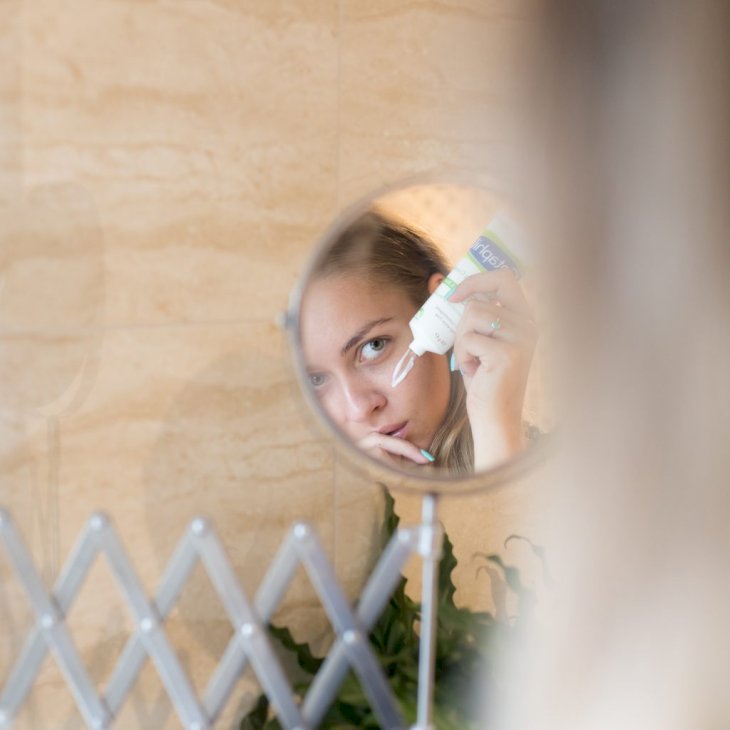
Photo by Humphrey Muleba on Unsplash
Along with harsh detergents or fragrances, Dr. Loretta Ciraldo, M.D., notes to "The Zoe Report" the leading causes of sensitized skin.
"There is another group of ingredients that works by being slightly irritating. These include acids — like glycolic acid — and retinoids, like trentinoin and retinol. Vitamin C (also known as L-Ascorbic acid) can also be potentially irritating if used every day."
Dr. Ciraldo says.
Stripping your regimen back to the bare essentials can help you eliminate the products causing your sensitized skin. Start with a simple cleanser, moisturizer, and sunscreen. Once your skin starts to return to its normalcy, introduce a retinoid every other day to help clear the skin.